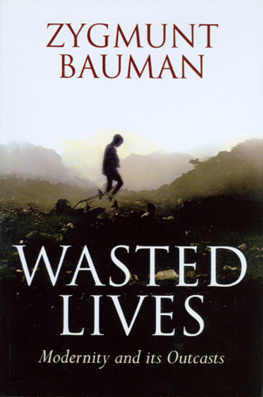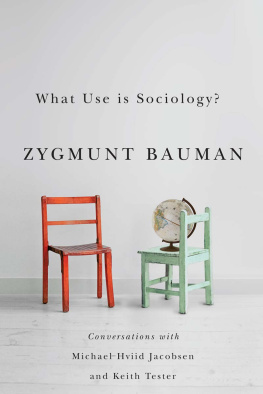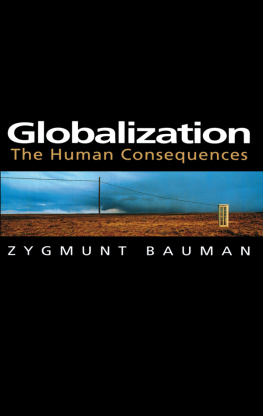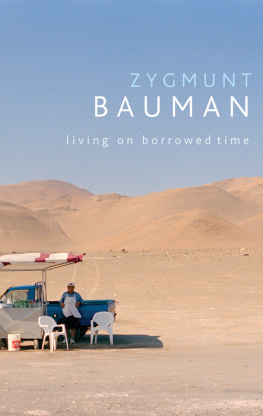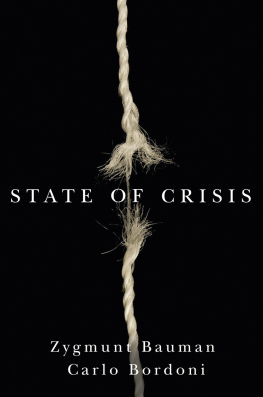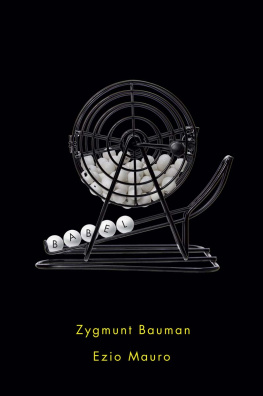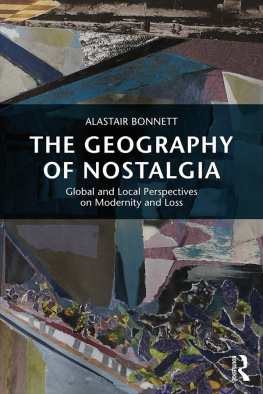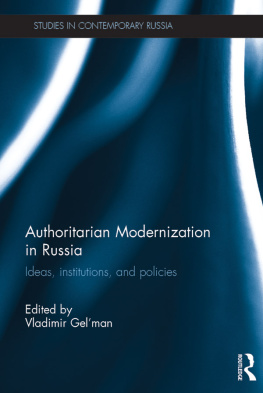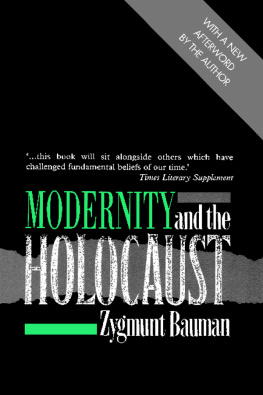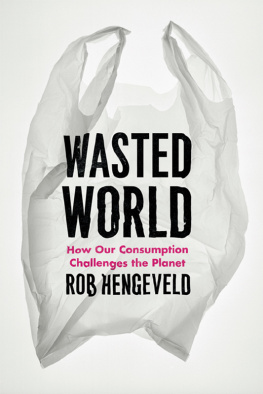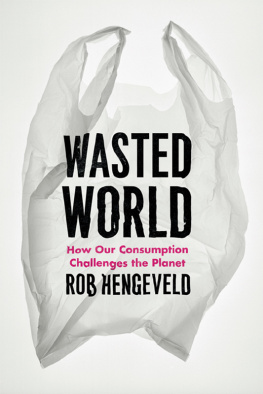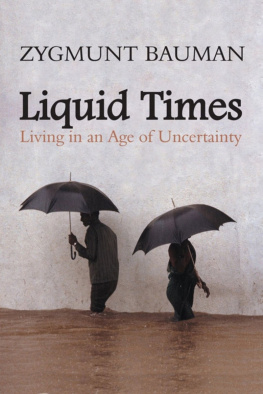My thanks go, as so many times in the past, to John Thompson for his spot-on critical insights and priceless advice, and to Ann Bone for the loving care and exemplary patience with which she spots and corrects the authors errors and removes the traces of his slackness and negligence.
Introduction
There is more than one way in which the story of modernity (or any story for that matter) can be told. This book is one of such stories.
Talking of Aglaura, one of the bizarre yet eerily familiar cities listed in Le citt invisibili , Italo Calvinos Marco Polo said that he could hardly go beyond the things its own inhabitants have always repeated, even if their stories jarred with what he himself thought he was looking at. You would like to say what it is, but everything previously said of Aglaura imprisons your words and obliges you to repeat rather than say. And so, securely ensconced within the city walls made of the ever repeated stories after the fashion in which the ramparts of some cities are made of stones, Aglaurians live in an Aglaura which grows only with the name Aglaura and they do not notice the Aglaura that grows on the ground. How could they, indeed, behave differently? After all, the city they speak of has much of what is needed to exist, whereas the city that exists on its site, exists less.
The residents of Leonia, another of Calvinos Invisible Cities , would say, if asked, that their passion is the enjoyment of new and different things. Indeed, each morning they wear brand-new clothing, take from the latest model refrigerator still unopened tins, listening to the last-minute jingles from the most up-to-date radio. But each morning the remains of yesterdays Leonia await the garbage truck and a stranger like Marco Polo, looking, so to speak, through the cracks in Leonias story-walls, would wonder whether the Leonians true passion is not instead the joy of expelling, discarding, cleansing themselves of a recurrent impurity. Why otherwise would street cleaners be welcomed like angels, even if their mission is surrounded by respectful silence, and understandably so once things have been cast off nobody wants to have to think about them further. As the Leonians excel in their chase after novelties, a fortress of indestructible leftovers surrounds the city, dominating it on every side, like a chain of mountains.
Do the Leonians see those mountains, you may ask? Sometimes they might, particularly when a freak gust of wind wafts into their spicknspan homes a stench reminiscent of a rubbish heap rather than of the all-fresh, all-glittering, all-fragrant innards of novelty shops. Once that has happened, it is hard for them to avert their eyes; they would have to look worriedly, with fear and trembling, at the mountains and be horrified by what they saw. They would abhor the mountains ugliness and detest them for blotting the landscape for being foul, unsavoury, offending and altogether revolting, for harbouring dangers they know and dangers unlike anything they knew before, for stocking the hazards they can see and such hazards as they cant even guess. They would not like what they saw, and they wouldnt want to look at it any longer. They would hate the leftovers of their yesterdays reveries as passionately as they loved the brand-new dresses and up-to-the-minute toys. They would wish the mountains away, would want them to disappear to be dynamited, crushed, pulverized or dissolved. They would complain against the sloth of the street cleaners, leniency of foremen and complacency of bosses.
Even more than the leftovers themselves the Leonians would abhor the idea of their indestructibility. They would be horror-stricken by the news that the mountains they keenly wish away are reluctant to degrade, deteriorate and decompose on their own, as well as being resistant, nay immune, to solvents. Hoping against hope, they wouldnt take in the simple truth that the odious heaps of waste can only not be if they have not been made to be (by them, the Leonians!) in the first place. They would refuse to accept that (as Marco Polos message goes, which Leonians would not hear) as the city renews every day, it preserves all of itself in its only definitive form: yesterdays sweepings piled up on the sweepings of the day before yesterday and of all its days and years and decades. Leonians would not listen to Marco Polos message since what the message would tell them (were they willing to hear it, that is) was that rather than preserving what they claim to love and desire, they only manage to make the rubbish permanent. Only the useless, the off-putting, the repellent, the poisonous and the frightening is tough enough to be still there as the time passes.
Following the Aglaurians example, Leonians live daily, we may say, in a Leonia which grows only with the name Leonia, blissfully unaware of that other Leonia which grows on the ground. At least they avert or shut their eyes, trying hard not to see it. Exactly as in the Aglaurian case, the city they speak of has much of what they need to exist. Most importantly, it contains the story of the passion for novelty which they go on repeating daily so that the passion they speak of can forever be born again and replenished and the story of that passion could go on being told, heard, avidly listened to and staunchly believed.
It takes a stranger like Marco Polo to ask: what in the end is the Leonians staple product? The enchanting, brand new things, enticingly fresh and seductively mysterious, since virgin and untried or rather the ever rising mounds of waste? How, for instance, is their passion for fashion to be explained? What, indeed, is that fashion about is it about substituting more beautiful things for things less adorable, or about the joy felt when things are thrown on the rubbish heap after first being stripped of their glamour and allure? Are things thrown away because of their ugliness, or are they ugly because they have been earmarked for the tip?
Tricky questions, indeed. Answering them is no less tricky a task. The answers would depend on stories echoing between the walls that rose out of the memories of the stories told, repeated, listened to, ingested and absorbed.
Were the questions to be addressed to a Leonian, the answers would be that more and more new and newer things must be produced to replace other things that are less prepossessing or useful or have lost their use. But if you ask Marco Polo, a traveller, a sceptical stranger, an uninvolved outsider, a baffled newcomer he would answer that in Leonia things are declared useless and promptly thrown away because other, new and improved objects of desire beckon, and that they are bound to be thrown away to make room for such newer things. He would answer that in Leonia it is todays novelty that makes yesterdays novelty obsolete and destined for the rubbish heap. Both answers ring true; both seem to convey the Leonians life story. So in the end the choice depends on whether one story is being monotonously repeated or, on the contrary, thoughts are roaming free in the space free of stories

